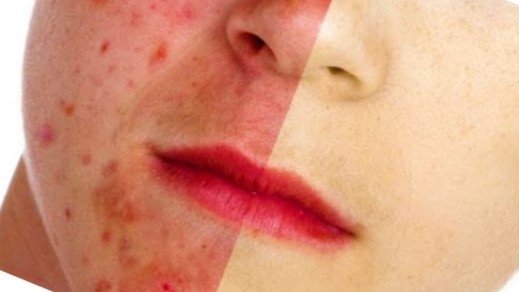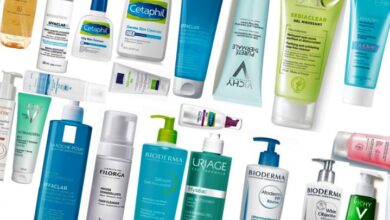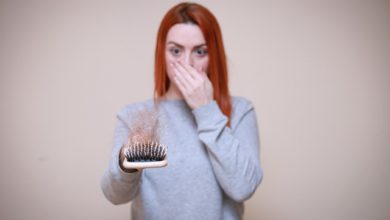
acne
“young love”
Acne is a type of skin condition that causes bumps or pimples on the skin. It is caused by oil and dead skin cells that clog pores. Cause the pore wall to break until an acne blister appears Acne is often found in areas with large sebaceous glands such as the face, neck, chest, upper arms, and upper back. Having acne is not just a physical effect. It can also affect the mind. It can cause symptoms of anxiety and stress and lead to low self-esteem and depression.
kind of acne
- Blisters are open and visible. It is caused by excess oil and dead cells clogging the pores and reacting with oxygen until the blackheads turn black.
- Whiteheads are enclosed white bumps under the skin. When rubbed, it looks like a small kidney, due to clogged pores with oil and dead skin cells . If left untreated, it may become more infectious and eventually become inflamed.
- Inflammatory acne (Papules) is acne that looks like small red bumps. If you touch it, it will hurt. It is usually caused by whiteheads caused by bacteria that cause severe inflammation under the skin.
- Pustules are inflamed blisters that are large red bumps that contain pus. It causes the follicle to become infected and turn into pimples. If pressed incorrectly, it may cause frequent blisters and may even become scarred.
- Fungal acne or yeast acne (Pityrosporum Folliculitis) is an infection of the hair follicles caused by a fungus. Fungal acne is characterized by red,
- pimple-like, itchy bumps.
- Nodules are acne that look like red bumps. When it is discovered, the kidney is under the skin.
- Acne cysts (cysts) or elephant head acne It is a red, raised bump. It will grow larger and larger like a hard, pus-filled lump that results from an acute inflammation of the hair follicle in elephantiasis. If left untreated, it can cause large acne scars or holes.
The degree of severity of acne
- Mild acne, mostly whiteheads, blackheads, red vesicles. and pimples
- Moderate acne is clogged acne and pustules that contain a lot of pus. Usually the face
- Severe acne is characterized by the presence of a large number of inflamed pustules and pustules. Including the presence of inflamed acne can occur in the entire face, back and chest area
- Severe acne is a large number of inflamed pimples and pustules.
How to treat acne

- Treating acne with topical medications such as
- Retinoid derivatives or vitamin A. This will help prevent clogged pores. It helps fade dark spots caused by acne
- Benzoyl peroxide and topical antibiotics that have the ability to kill acne-causing bacteria will help reduce inflammation and reduce acne.
- Salicylic acid, which helps dissolve blackheads and prevent clogged pores.
- Acetic acid, which helps reduce bacteria on the skin and reduce swelling and redness of acne.
- It is treated with oral medications, including:
- Oral antibiotics that have the same properties as topical medications but are stronger and can cause side effects.
- Birth control pills Sometimes skin problems that lead to acne are caused by hormones in the body. Using birth control pills can help treat acne caused by this condition.
- Isotretinoin is an oral vitamin A derivative . Works well for severe acne. But this medicine may have side effects. As a result, the fetus suffers from birth defects. Women who treat acne with isotretinoin need to use effective birth control for the duration of their use.
- It is treated in other ways such as regeneration of skin cells. Using laser or light therapy in combination with other treatments



